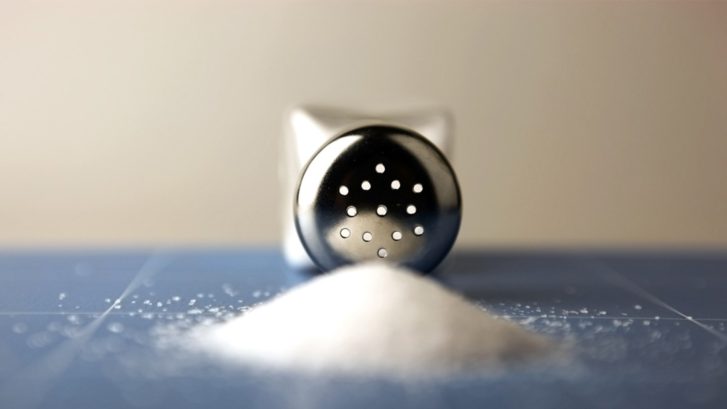Too Much Salt or Too Little?
Part of summer tradition entails picnics and cookouts. And what would any good outdoor festive occasion be without potato chips and pretzels and assorted other salty treats?
Of course, your local primary doctors at MD 2.0 in Jupiter, Florida, have often warned against the consumption of too much salt. It leads to high blood pressure, and all the attendant cardiovascular and circulatory damage that follows. The World Health Organization (WHO) has stated that high blood pressure is the leading cause of preventable death around the world, and recommends low-sodium diets as an important way to lower blood pressure in populations.
In addition, excess salt intake can also cause strokes, brittle bones, stomach cancer, and fluid retention.
And the Center for Science in the Public Interest (CSPI) says that Americans consume an average of 3,400 milligrams of salt per day, instead of the 1,500 milligram-limit proposed by the American Heart Association for those at risk of heart disease, including adults 51 and older, African Americans, and those with high blood pressure, diabetes, or chronic kidney disease.
But, believe it or not, there is also such a thing as too little salt. There is even a medical name for it: hyponatremia, or lack of sodium. Most likely to affect elderly people who are taking diuretics-info.com, the condition can cause confusion, dizziness, and unexplained tiredness.
However, since the body needs only 500 milligrams of salt to survive, it’s somewhat difficult to consume too little of it. Most of the added salt in our diets comes from packaged, processed foods, and restaurant meals.
Some studies in recent years have cast doubt on the low-salt recommendations of the various health and medical groups. One such study published in the American Journal of Hypertension was the result of a meta-analysis of of 25 studies of nearly 275,000 participants, and seemed to show that those with normal blood pressure need not be concerned with excess sodium intake. Another, titled the Prospective Urban Rural (PURE) study, published in the New England Journal of Medicine, reported that—except in the very high range—higher salt intake seemed to be mitigated by subjects who consumed more potassium, and that too little salt intake was as dangerous as too much.
Most health experts disagree with these findings, however, citing the lack of control by researchers over the studies examined, and stick to the recommendation to decrease salt intake for optimal cardiovascular health.
Your concierge physicians at MD 2.0 concur with this advice, and suggest that you try to reduce sodium intake whenever possible.
Here are some easy ways to reduce salt consumption. Cooking food yourself is the best way to ensure you don’t get too much salt. And if you must add salt, do so at the table, not at the stove. Cooking with herbs and flavored vinegars will provide the taste you crave without adding salt. Try to avoid packaged, processed foods whenever possible, and look for those marked “low-” or “no sodium.” And at restaurants, either request less salt in the dish when you place your order, or check the menu for the sodium content of the offerings.

